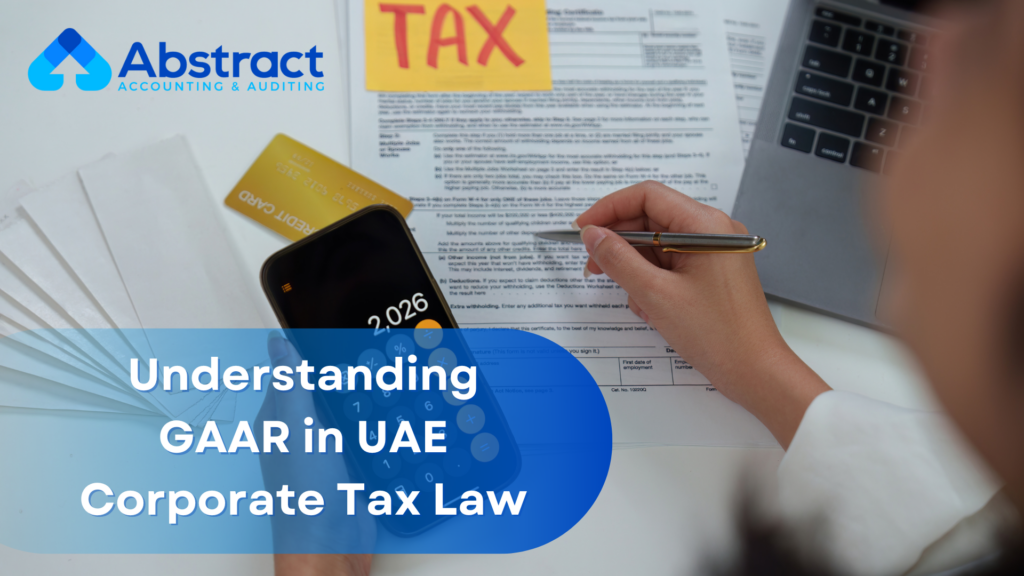Audit and bookkeeping are two distinct but related fields.
Audit: The systematic examination of an organization’s financial and operational records to ensure accuracy, compliance with laws and regulations, and to identify potential areas for improvement.
Bookkeeping: The process of recording financial transactions in a systematic and organized manner to keep accurate records of financial activities. This includes recording transactions, reconciling bank statements, and producing financial reports.
In the modern way, both audit and bookkeeping have evolved with technology, and now they often use computerized systems and software to manage financial data. This has increased efficiency and accuracy, as well as provided a better means of monitoring and reporting financial activities.

Procedure of Audit of a Frim
Planning: The auditor plans the scope and approach of the audit, including risk assessment and identification of key areas to focus on.
Gathering Information: The auditor gathers information about the firm’s financial and operational processes and procedures. This may include reviewing financial statements, contracts, and internal control systems.
Testing: The auditor performs tests to verify the accuracy and completeness of the information gathered. This may involve testing transactions, reviewing supporting documents, and conducting walk-throughs.
Evaluating: The auditor evaluates the results of the tests performed and assesses the reliability of the financial information provided.
Reporting: The auditor prepares a report summarizing the findings of the audit and any recommendations for improvement.
Follow-up: The auditor may perform follow-up procedures to ensure that any issues identified have been addressed and any recommended changes have been implemented.
It’s important to note that the audit process may vary depending on the size and complexity of the firm, as well as the type of audit being performed (e.g. financial statement audit, operational audit, etc.).
Documents required for Audit
The documents required in the process of auditing a firm may vary depending on the scope and purpose of the audit, but commonly needed documents include:
Financial Statements: Balance sheets, income statements, cash flow statements, and other financial reports.
Supporting Documentation: Invoices, receipts, bank statements, contracts, and other documentation supporting financial transactions.
Internal Control Systems: Documentation of internal controls, policies, and procedures related to financial reporting and operations.
Tax Returns: Federal and state tax returns, as well as any related tax documentation.
Business Licenses and Permits: Documentation of licenses and permits required for the business’s operations.
Employee Records: Personnel files, payroll records, and other employee-related documents.
Customer and Supplier Records: Invoices, purchase orders, and other records related to customer and supplier transactions.
Minutes of Meetings: Minutes of board meetings, committees, and other key meetings related to the organization’s financial and operational activities.
It’s important to note that the auditor may request additional information and documentation if needed to perform the audit effectively.
For Audit and bookkeeping please Click here for a quotation. As an approved Tax Agent from FTA we have a team of experienced staff.






